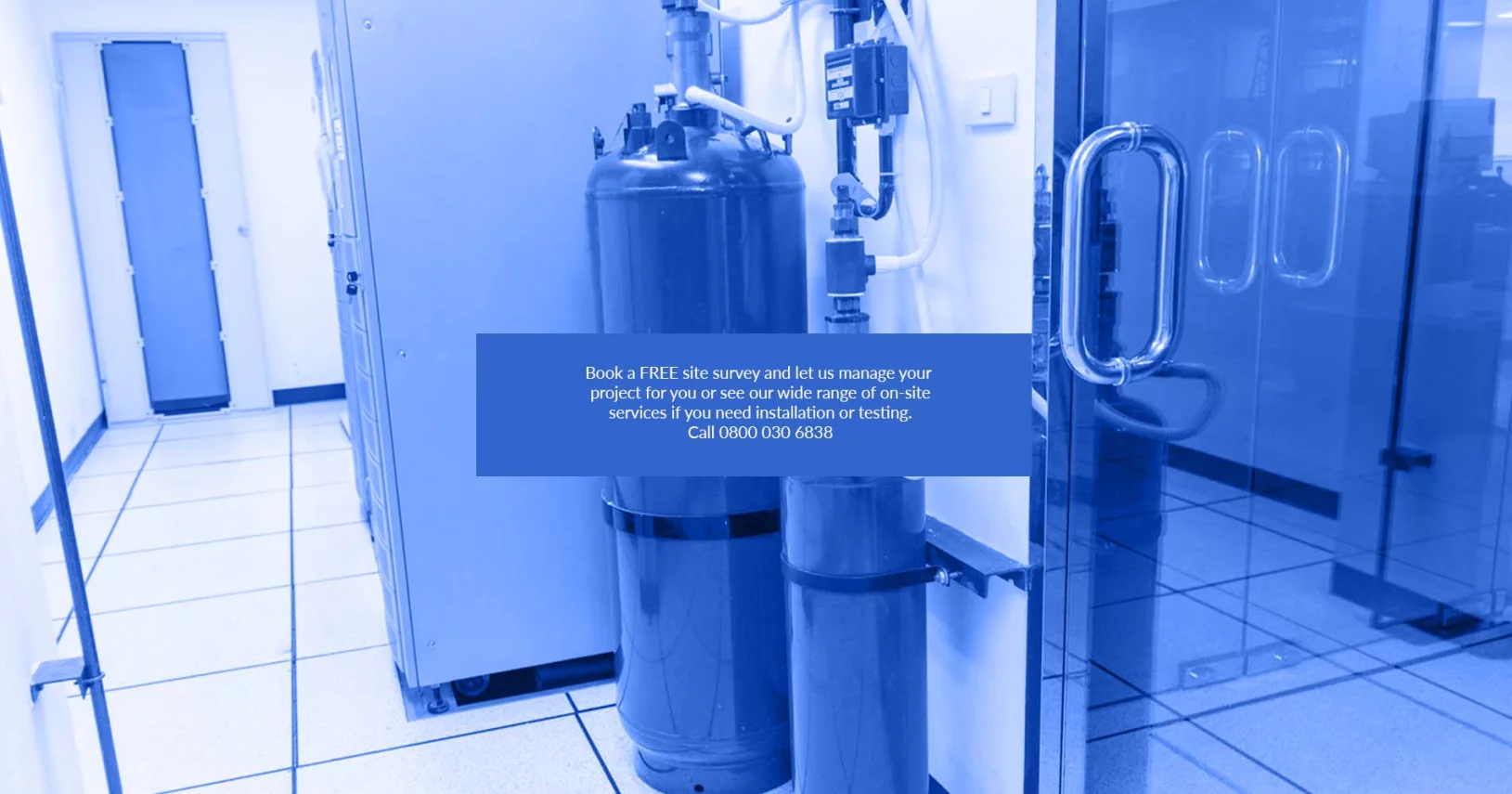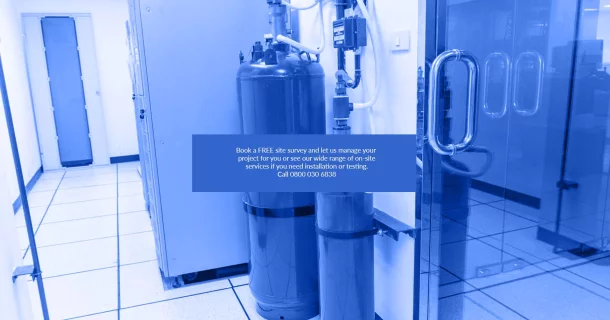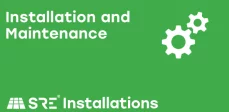Datacentres and Server Rooms typically have fire suppression systems. A room integrity test is a type of air tightness test to ensure that the room can retain an effective concentration of the fire suppression agent within the system to put a fire out.
Server Room Integrity Testing
Our projects team can provide room integrity testing for a range of facilities installed with fire suppression systems from server rooms, generator and battery rooms to gas turbine halls. The integrity testing service can be provided with little disruption to normal operations with a detailed report detailing all the test data, air leakage diagnoses and rectifications works (air sealing if required) and an air leakage certification.
- AC Unit Maintenance
- Air Conditioner Repairs
- Battery Installations
- Cabling Installations
- Cleaning Services
- Cooling Site Surveys
- Data Centre Maintenance
- Disposals and Recycling
- Electrical Installations
- Fire Suppression Services
- Generator Services
- Hire and Rental
- Load Bank Testing
- Monitoring Support Plans
- Project Management
- Removals and Relocations
- Room Integrity Tests
- Server Relocations
- Smart Hands
- Structured Cabling
- Technical Support
- Thermal Camera Surveys
- UPS Installations
- UPS Maintenance
- UPS Site Surveys
Room Integrity Testing Procedure
The testing predicts how long a fire suppressant agent takes to descend to a given height within a room, without having to discharge the actual fire suppression system. Over time room integrity characteristics can change, with holes and leaks developing due to weakening seals around doors, floors, ceilings and other voids and on-site building works.
The room under integrity test is sealed and the air pressure tested with a door fan and sensing equipment. The fan is placed within the test room doorway to pressurise and then depressurise the room. A data set is created including measurements for air flow, pressure and leakage characteristics and is used to model the room using specialist software.
A retention rate of at least 10 minutes is required for a pass. This time period is considered enough to allow deep-seated fires to be cooled beyond re-ignition levels and allow the emergency services to attend site.
Room Integrity Test Times
A typical server room takes around 1.5-2 hours to complete. There is minimal disruption and IT servers and networks can continue to function as normal. If there is air conditioning and cooling fitted, any supply or extract ducts will require temporary sealing or closure. Where a site has fire suppression covering several rooms, each room will require integrity testing.
Relevant Room Integrity Standards
Room integrity tests should be completed annually for any installation with a fire suppression system installed to BS ISO 14520-1 (ISO 14520-1:2015 gaseous fire-extinguishing systems) and BS EN 15004-1 (the design, installation and maintenance of fixed firefighting and gas extinguishing systems).
Contact our projects team for a site survey or to book our a room integrity test for your datacentre.
Book your RIT service online today for UK mainland sites or contact us for pricing.

Earn SRE points on all online purchases with double points on selected products































